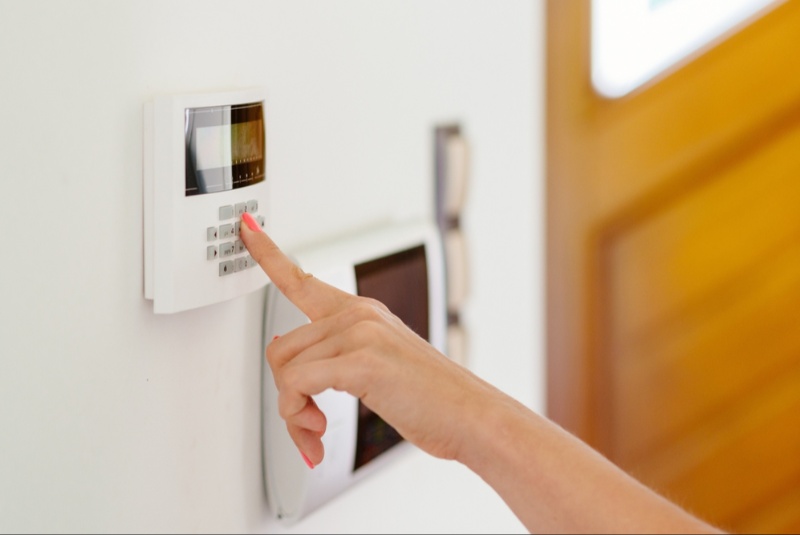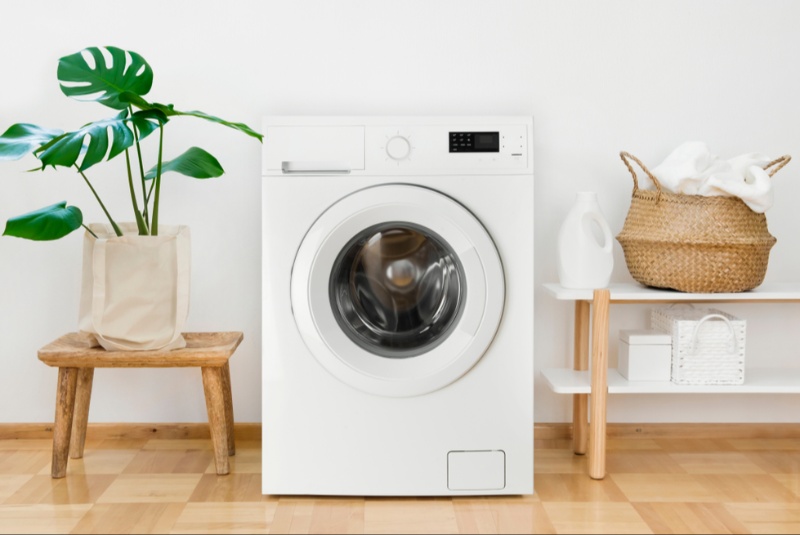Home security is a paramount concern for homeowners and renters alike. It goes beyond safeguarding your property; it provides peace of mind and enhances the overall safety and well-being of your household. In an increasingly interconnected world, where technology plays a pivotal role in our daily lives, home security systems have evolved to offer comprehensive solutions that cater to a wide range of needs.
Understanding Your Security Needs
Before delving into the intricacies of selecting a home security system, it's essential to start with a thorough understanding of your specific security needs. Consider the following factors:
1. Property Size: The size of your property plays a significant role in determining the scope of your security system. Larger properties may require a more extensive network of sensors and cameras to provide comprehensive coverage.
2. Neighborhood Safety: The safety of your neighborhood can influence the level of security you need. High-crime areas may necessitate more robust security measures, while safer neighborhoods might require a more standard approach.
3. Lifestyle: Your daily routine and lifestyle can impact your security needs. For example, frequent travelers may benefit from remote monitoring capabilities, while individuals who work from home may prioritize different features.
4. Family Needs: If you have a family, consider their safety and well-being as a top priority. Features like door and window sensors, indoor cameras, and emergency communication systems can provide added protection.
Research and Budgetary Allocation
Once you have a clear understanding of your security needs, it's time to embark on the research phase. Allocating a reasonable budget is essential, as it helps you narrow down your options and make informed decisions. While it may be tempting to opt for the least expensive system, it's crucial to strike a balance between affordability and functionality.
Engage in comprehensive research to understand the current market trends and the average price range for home security systems. It's important to note that various factors can influence the cost of a system, including the number of devices, features, and the level of professional monitoring.

Evaluating Different Types of Security Systems
Home security systems come in various configurations to cater to diverse needs and preferences. Here are some key considerations:
1. Monitored vs. Unmonitored Systems: Monitored systems are supervised by a professional team 24/7, providing an extra layer of security. Unmonitored systems, on the other hand, send alerts directly to the homeowner.
2. Wired vs. Wireless Systems: Wired systems offer stability but involve complex installation processes. In contrast, wireless systems are easier to install and offer flexibility in device placement.
3. Smart Home Integration: Modern security systems often allow integration with smart home ecosystems, enabling control via smartphones or voice commands through virtual assistants. This integration can enhance convenience and automation in your home security.
Key Components to Consider
A home security system is composed of several components that work in harmony to protect your property. Here are some crucial elements to consider:
1. Cameras: Surveillance cameras are pivotal in monitoring and recording activities in and around your home. Depending on your needs, you might opt for cameras with features such as motion detection, night vision, and remote access.
2. Sensors: Door and window sensors serve as the first line of defense against intruders. They notify you when doors or windows are opened, providing early warning.
3. Alarm Systems: Alarm systems include loud sirens that not only deter intruders but also alert neighbors and passersby in the event of a security breach.
4. Control Panel: The control panel serves as the nerve center of your security system. From here, you can arm or disarm the system, communicate with emergency services, and monitor the status of various sensors.
Provider Credibility and Reviews
When you've narrowed down your options, it's crucial to scrutinize the credibility of the security system provider. Reading customer reviews and checking their ratings on recognized platforms can provide valuable insights into the quality of their products and services. A company with positive reviews and high ratings is more likely to offer reliable and effective security solutions.
Installation and Maintenance
Consider whether you prefer a DIY installation or a professional installation service. While DIY installations can be cost-effective, professional installation ensures that the system is set up correctly and optimally. Regular maintenance, including software updates and battery replacements, should also be part of your security strategy to ensure that the system operates at its best.
Warranty and Customer Support
Before making the final purchase, ensure that the security system comes with a warranty to protect you from manufacturing defects. Additionally, responsive customer support can be a lifesaver when you encounter issues during setup or use. Reliable customer support can make a significant difference in your overall experience with the security system.
In conclusion, buying a home security system is a significant step toward enhancing the safety and security of your home and loved ones. By understanding your specific security needs, conducting thorough research, and considering the credibility of the provider, you are well-equipped to make a smart and confident purchase decision. A well-thought-out security setup not only protects your home but also provides peace of mind, making it a valuable investment for every homeowner. With this comprehensive guide, you can navigate the complexities of buying a home security system with confidence and ensure that your home remains a safe haven.




